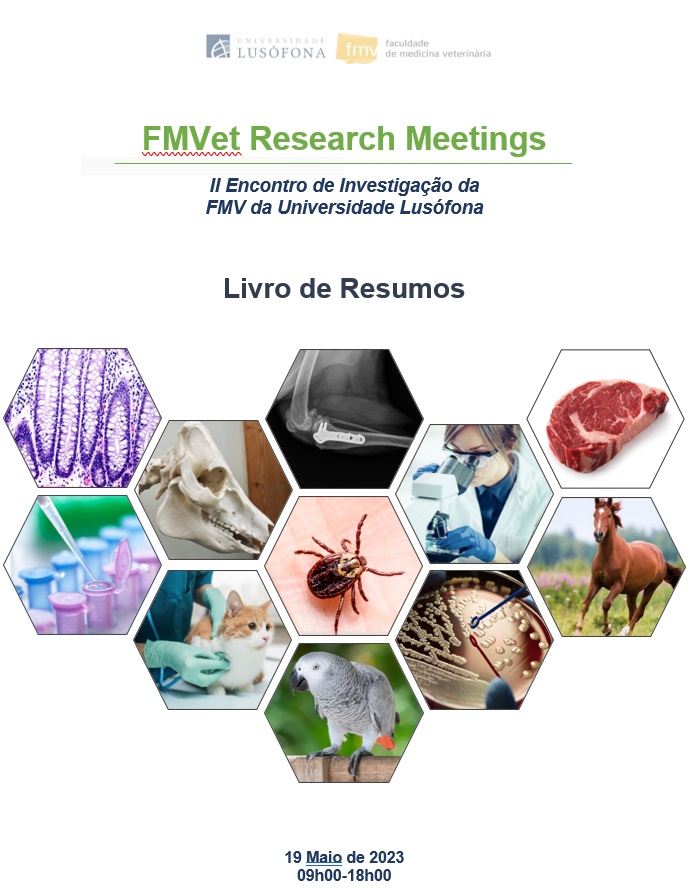Molecular detection of canine herpesvirus in the reproductive tract of the bitch in different stages of the estrous cycle
Resumo
Canine herpesvirus type I (CHV-1), widely spread among dogs in breeding kennels, is thought to be a major cause of infertility, reproductive disorders and neonatal mortality. In adults, infection remains latent and can be reactivated during stressful events. However, the correlation between the shedding of the virus and the phase of the estrous cycle is still unknown.
Objectives: The present study aimed to identify the presence of CHV-1 in bitches and to correlate its presence with the different phases of the estrous cycle, the bitches' reproductive health, epidemiological parameters and management conditions.
Material & Methods: Between September 2021 and April 2022, 60 bitches of various ages and breeds, attending reproduction consultation at Anicura Atlântico Veterinary Reproduction Centre, were included in the study. For each animal, a vaginal swab was collected and a questionnaire about the bitches’ health and reproductive history was filled. For each animal, the phase of the estrous cycle was determined, DNA was extracted from vaginal swabs and real-time PCR was performed to detect the presence of CHV-1 DNA.
Results: CHV-1 DNA was detected in 3,3% (2/60) of the samples. Both were adult animals in estrus, without CHV-1 vaccination, belonging to breeding kennels with history of infertility.
Conclusions: As far as the authors are aware, the present study constitutes the first description of CHV-1 molecular detection in female dogs in Portugal. The fact that the virus was identified during estrus, highlights the need for further studies to clarify an eventual association of the follicular phase and virus reactivation, which may impair ulterior fertility. Also, lack of vaccination against CHV-1 during pregnancy, kennel dimensions and animals’ density may predispose to a higher frequency of (re)infection. Further studies are needed for a better understanding of CHV-1 transmission and the association of the infection with the reproductive health of female dogs.
Keywords: Canine herpesvirus; Infertility; qPCR.
Financing: This work was supported by Lusófona University (Bolsas Estágio MV 21-22) and was approved by the Ethics Committee.


